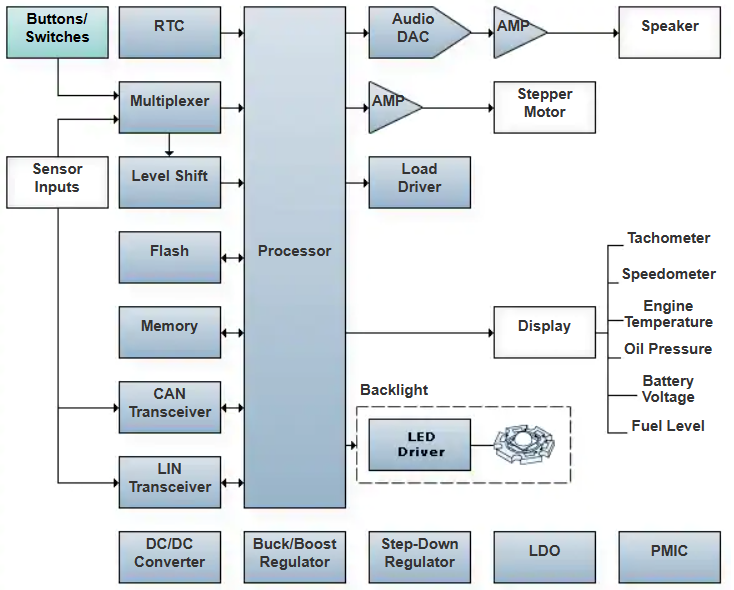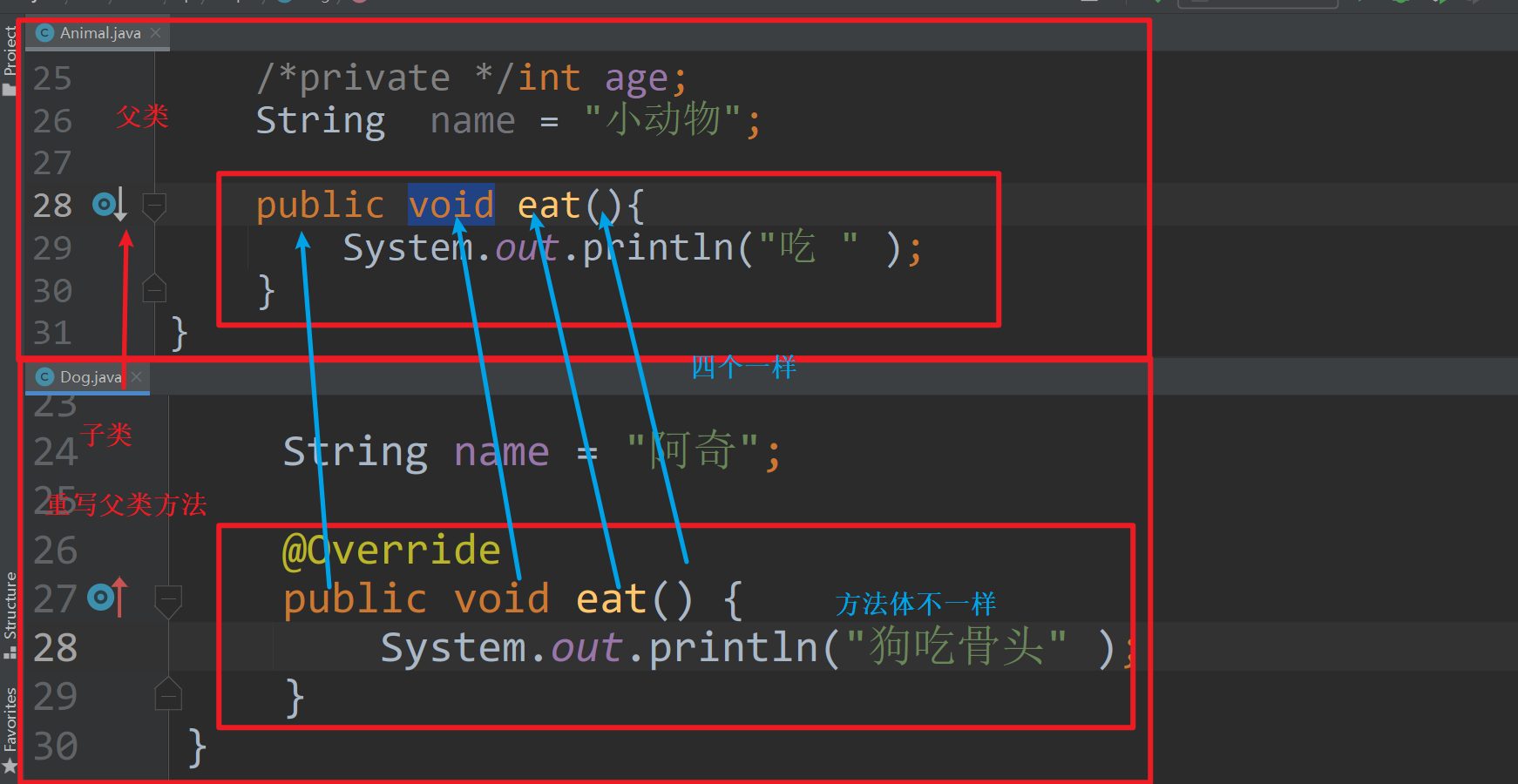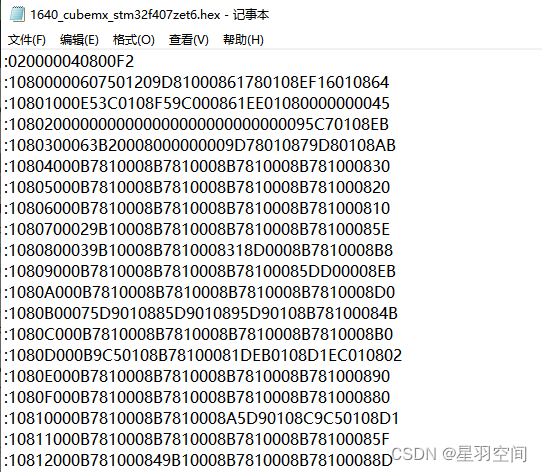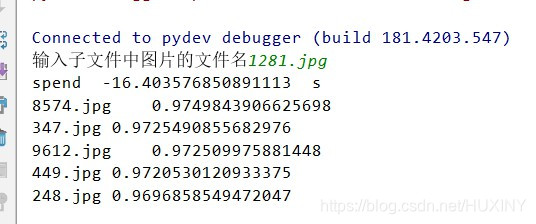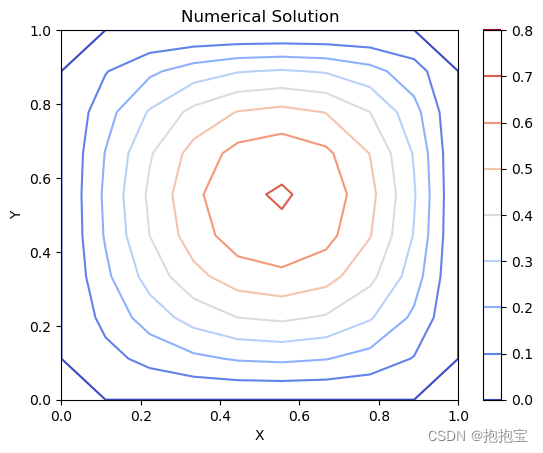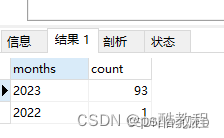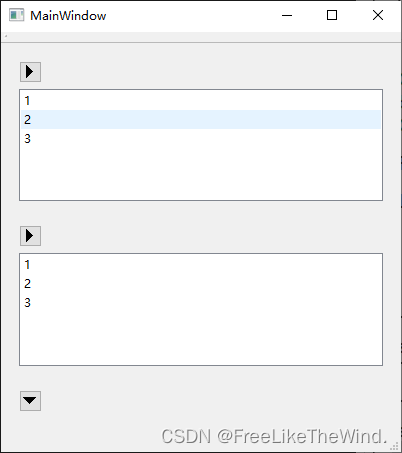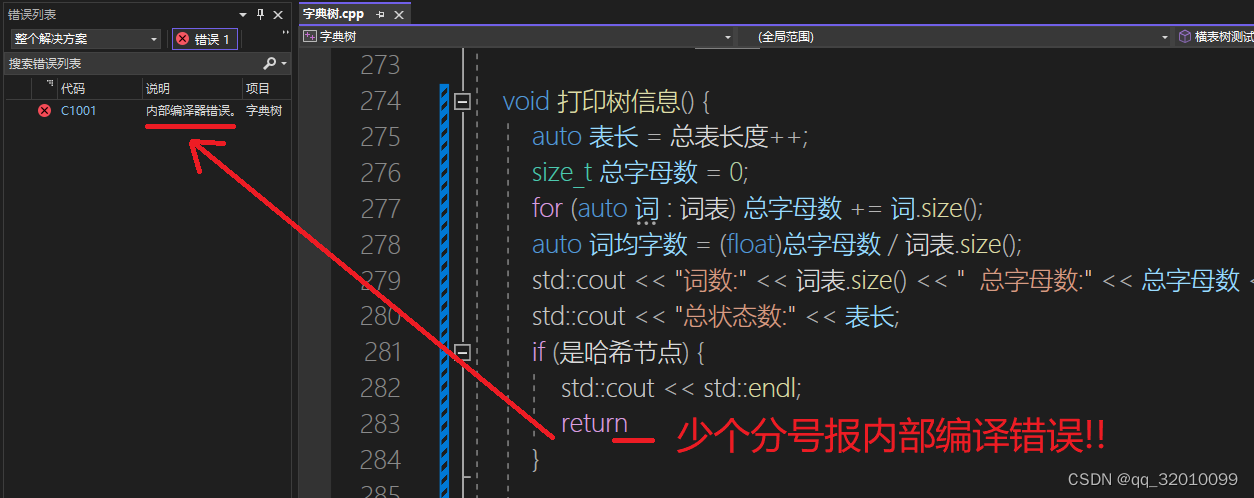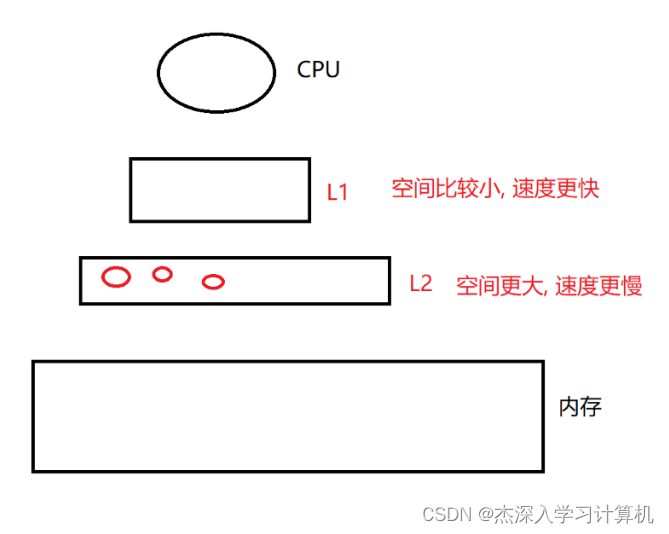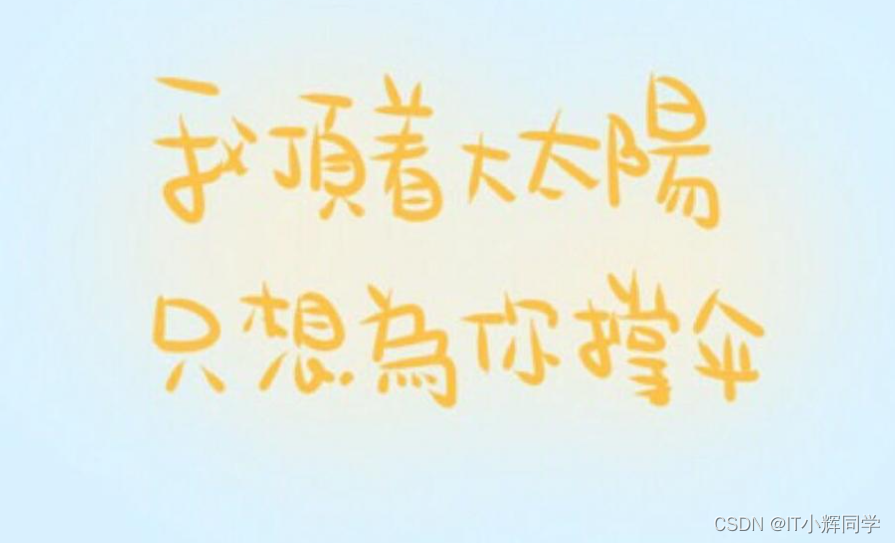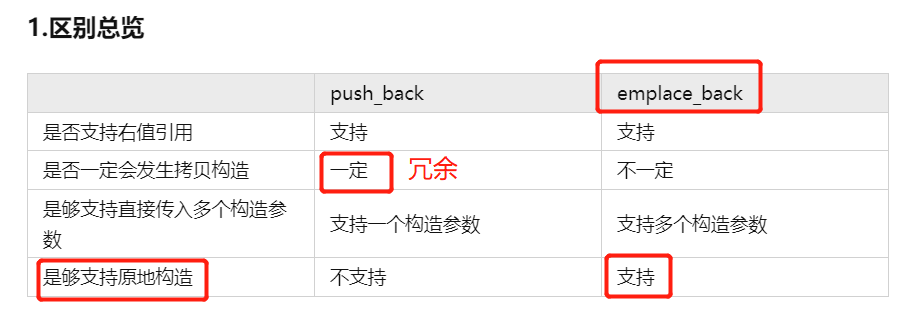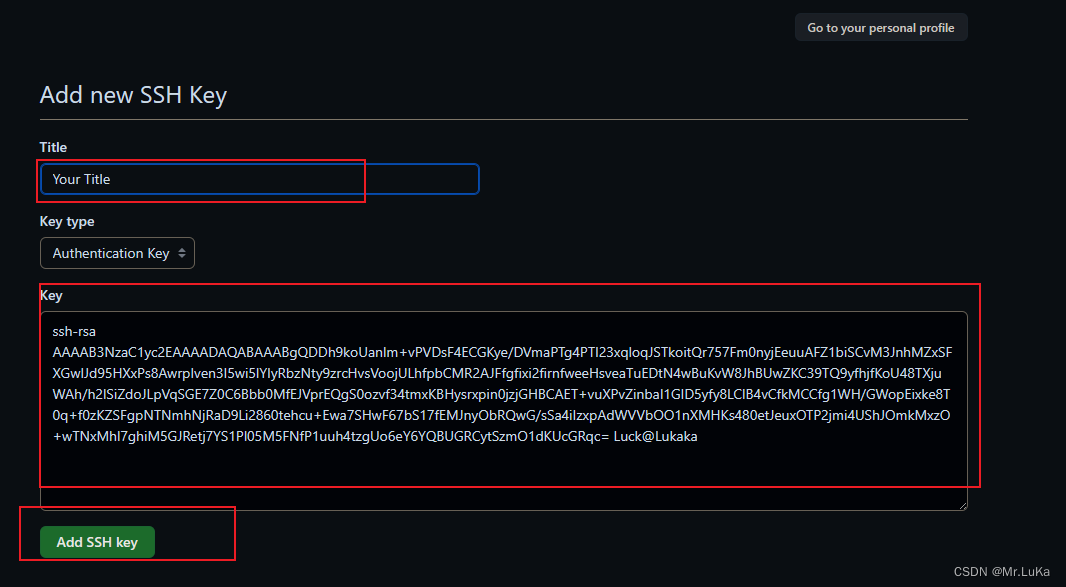选择排序(Selection Sort)原理介绍
选择排序(Selection Sort)是一种简单的排序算法,其实现原理如下:
-
遍历待排序数组,从第一个元素开始。
-
假设当前遍历的元素为最小值,将其索引保存为最小值索引(minIndex)。
-
在剩余的未排序部分中,找到比当前最小值还要小的元素,并更新最小值索引。
-
在遍历结束后,将找到的最小值与当前遍历位置的元素进行交换。
-
重复步骤2至4,直到排序完成。
C#代码实现
/// <summary>/// 选择排序算法/// </summary>public static void SelectionSortAlgorithmMain(){int[] array = { 64, 25, 12, 22, 11, 99, 3, 100 };Console.WriteLine("原始数组: ");PrintArray(array);SelectionSortAlgorithm(array);Console.WriteLine("排序后的数组: ");PrintArray(array);}static void SelectionSortAlgorithm(int[] arr){int n = arr.Length;for (int i = 0; i < n - 1; i++){// 在未排序部分中找到最小元素的索引int minIndex = i;for (int j = i + 1; j < n; j++){if (arr[j] < arr[minIndex]){minIndex = j;}}// 将最小元素与未排序部分的第一个元素交换位置int temp = arr[minIndex];arr[minIndex] = arr[i];arr[i] = temp;}}static void PrintArray(int[] arr){int n = arr.Length;for (int i = 0; i < n; ++i){Console.Write(arr[i] + " ");}Console.WriteLine();}
总结
选择排序算法的时间复杂度为O(n^2),其中n是待排序数组的大小。尽管其时间复杂度较高,但选择排序算法比较简单易懂,并且在某些特定情况下,例如对于小规模的数组来说,其性能可能表现得比其他高级排序算法要好。
